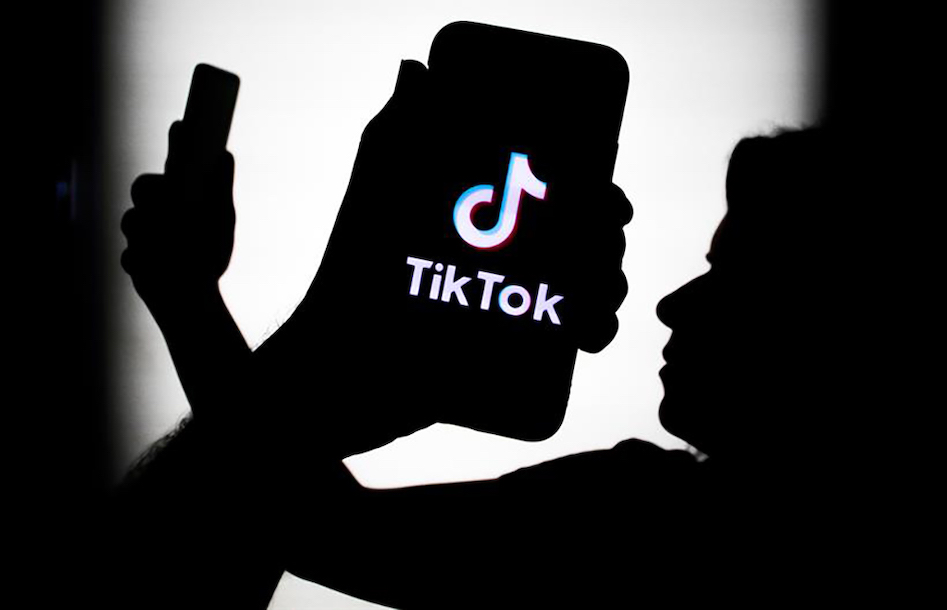
Kansas City Chiefs placekicker Harrison Butker is the latest quarry of the woke mob.
His politically incorrect transgression occurred while he was giving a commencement address at a Catholic college.
Butker’s speech hit quite a few nerves on the left and set off a stadium-sized firestorm.
What did he say that was so inflammatory?
He expressed his opinion out loud that not all women see a successful career as being superior to or more fulfilling than finding your lifelong spouse and having children grace your family.
Upon hearing about the content of Butker’s speech, the left became unglued and the attacks went full throttle.
All of it played out in the complicit news, entertainment, and sports media as well as a glut of liberal online platforms. There was even a petition floated, which demanded that the winning Super Bowl kicker himself get booted from the Chiefs.
The sports star was labeled an extremist, a bigot, and other unmentionable pejoratives for having encouraged women to embrace their inner mother, and men their inner father.
The Kansas City Star newspaper went as far as to recommend that Butker be fired; this despite the fact that he is a three-time Super Bowl champion and ranks second in NFL history in his career field-goal percentage.
The birdcage liner also suggested that the Chiefs hire a female placekicker for what the news outlet called “poetic justice.”
The NFL itself issued a statement, distancing the league from Butker and stating that his views “are not those of the NFL as an organization.” It dutifully added that the league “is steadfast in our commitment to inclusion.”
A funny thing happened on the way to the attempted cancellation of the football star. The attacks against him began to sputter.
The tried-and-true game play of the propagandists to slander and besmirch was met with some accusations of personal fouls.
Some of Butker’s attackers had completely distorted the kicker’s comments, reporting that he had said all women should choose the homemaker path and forego other vocations, something he did not say.
There were some prominent individuals and groups that rallied to his defense, including Bill Maher, Lou Holtz, Sage Steel, Patricia Heaton, Kevin Sorbo, Senator Josh Hawley, and Senator Marco Rubio.
On his X account, Sen. Rubio tweeted, “Butker critics are liars. He NEVER told women to stay home & have babies. What he actually said is an important truth that applies to BOTH men and women. That no matter what we achieve in professional careers, our VOCATION as a husband/wife & father/mother is the most important, impactful & fulfilling role any of us will ever have.”
Despite the ugly efforts of his detractors to undermine his brand, Butker is now enjoying more fame and popularity than before the whole fiasco started.
The online NFL Shop provides the proof.
Currently ranking among the most popular Chiefs gear are the team’s star kicker jerseys and T-shirts.
Which means on the cultural gridiron, Butker just scored the winning field goal.






You must be logged in to post a comment.